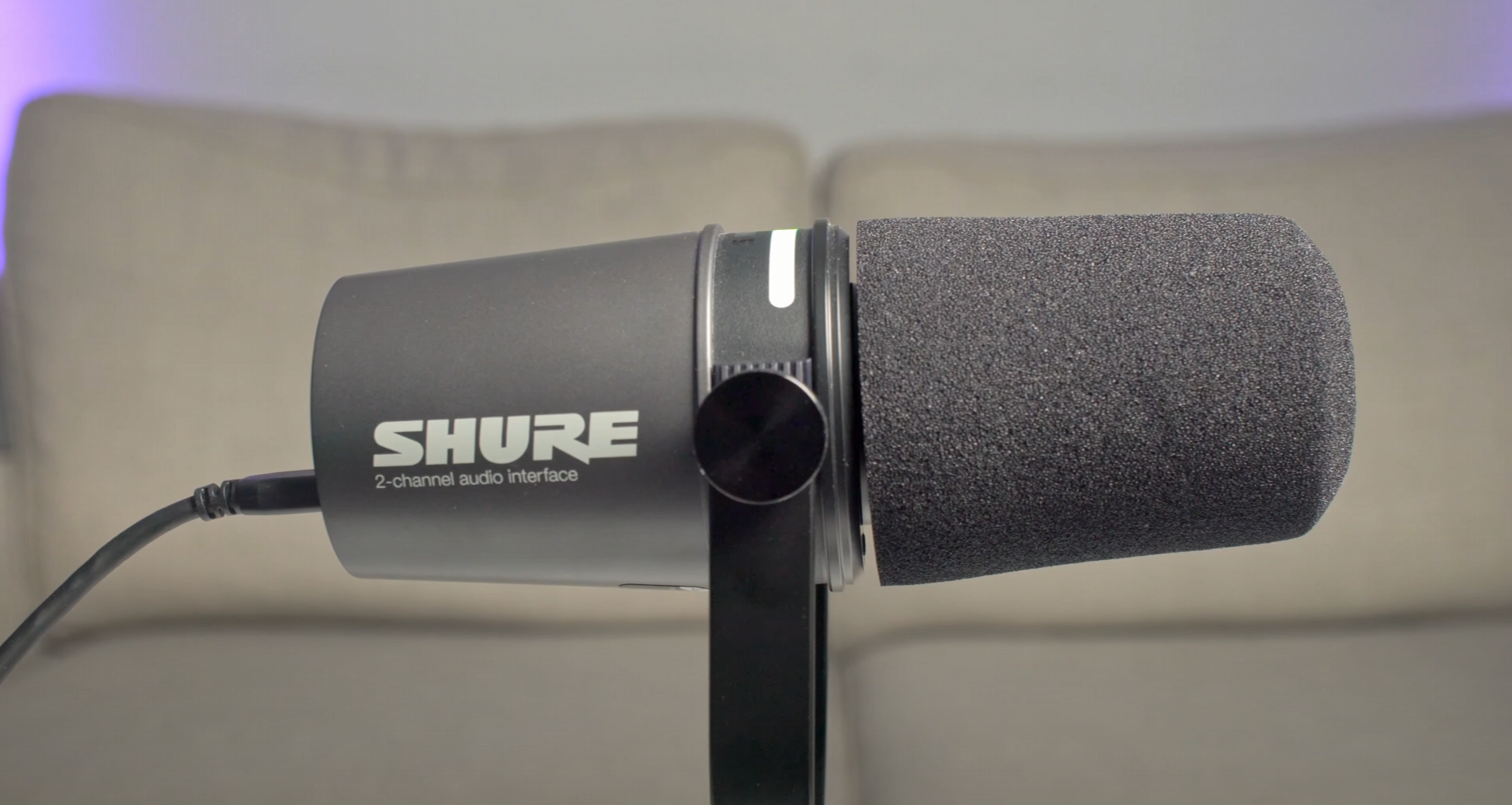A federal judge in Florida has given the US Department of Justice one week to suggest redactions to the affidavit justifying the search of Donald Trump’s Mar-a-Lago resort last week, paving the way for parts of the document to become publicly available.
The move by Judge Bruce Reinhart came during a highly anticipated court hearing in West Palm Beach on Thursday that pitted federal prosecutors, who argued to keep the affidavit under seal, against US media organisations who want it unsealed because of the huge public interest in the case.
The affidavit — a detailed explanation by the justice department of the reasons for seeking a search warrant at the former president’s property — has remained under wraps since the FBI raid took place on August 8.
Not only have media organisations called for its public release, but so have many congressional Republicans, in the hope of shining more light on the rationale behind the justice department’s move to search Trump’s home.
The DoJ had argued against any release of the affidavit, on the grounds that it could compromise the investigation and impede co-operation from witnesses in this and other probes. Federal prosecutors also said the document would have to be heavily redacted if it were to be released because of the nature of the investigation, which involves highly classified materials retained by Trump after leaving the White House.
Reinhart rejected the argument that the affidavit should remain “fully sealed”, saying he was “not prepared” to keep it that way — suggesting he is tempted to partially unseal it with some level of redaction.
Last week, he allowed the search warrant and the list of items recovered by the FBI at Trump’s home to be made public. Those documents showed that federal prosecutors were investigating the former president for improperly handling information related to national defence in violation of the Espionage Act, as well as obstruction of justice and tampering with government records.
On Thursday, the court unsealed the cover sheet of the search warrant application, confirming that the DoJ has been probing Trump for the “wilful retention of national defense information”, the “concealment or removal of government records” and the “obstruction of federal investigation”.
But the affidavit, if fully published, would reveal far more about the government’s investigation into Trump and the purpose of the search, which has been politically explosive and triggered an angry backlash from Trump and his most ardent supporters.
Taylor Budowich, a Trump spokesperson, reacted to the judge’s move by saying he had “rejected the DoJ’s cynical attempt to hide the whole affidavit from Americans”.
“However, no redactions should be necessary and the whole affidavit should be released, given the Democrats’ penchant for using redactions to hide government corruption, just like they did with the Russia hoax,” he added.




















Discussion about this post